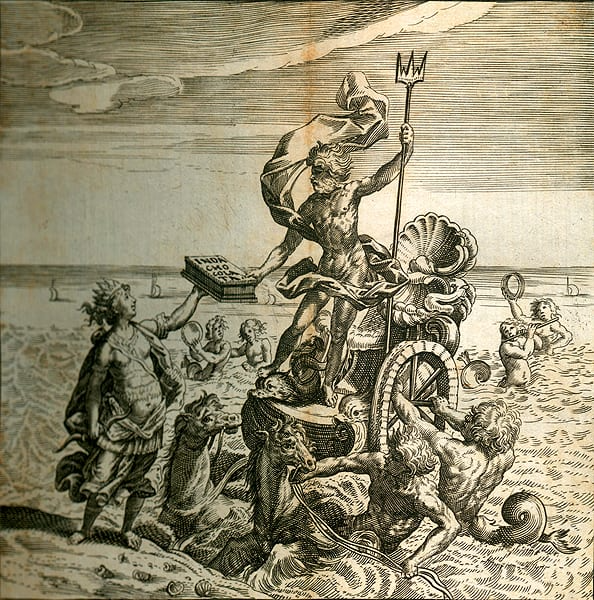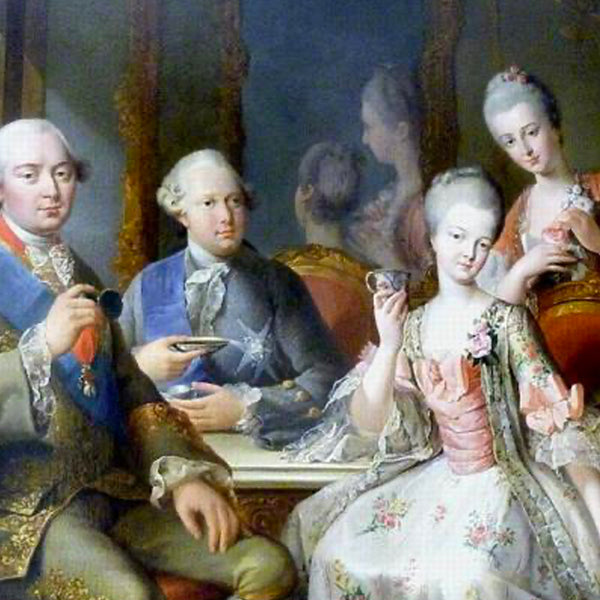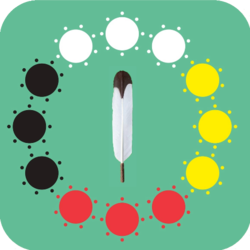Join the Indigenous People's Embassy
Become a Member of the Indigenous Unity Foundation or an Honorary Member of our Indigenous Peoples' movement to help us establish and implement a model solution for Indigenous Communities that face legal challenges, hegemony and political resistance in reclaiming and recovering their ancestral knowledge, consent, cultural and intellectual property; as well as, help these native landholders garner economic benefits for the ecosystem services and forest byproducts they provide and have been providing ever since the 16th century before their heritage was misappropriated first by colonists and today by megacorporations.
Those who join us are joining an Indigenous Cooperative Society, incorporated within the autonomous united Indigenous jurisdiction(s) of the Orinoco River Geographic Region will be considered "invested stakeholders" and will be eligible to access and use Indigenous Cultural and Intellectual Property and serve as agents (consulates, officers, ambassadors, or commissioners). They will be eligible to receive gifts from the tribal nations engaged in the Indigenous Embassy of the Orinoco.
It is time to disambiguate, let's set the historical record straight, it is time to repatriate and cultivate our Indigenous heritage! -Piaroa Chieftain
The international legal system, the rule of law, current legal doctrines, conventions, treaties and laws that we have made as Americans, Canadians and Europeans all favor Indigenous Peoples claims and rights to their copyrights, discoveries, heritage, inventions, languages, patents, recipes and trademarks.
So why are these creators (patent product makers) not being attributed and compensated for their multi-billion dollar developments as the "origin and source" of these original products and services? The Italians did not invent tomatoes and they do not originate chocolate or half of the gifts it exploited from the Indigenous nations.

Is Chocolate and Theobroma Indigenous Intellectual Property under today's laws?
The word itself, INDIGENOUS means "ORIGINAL and SOURCE", therefore under US, European and international law something so obvious must be stated when known and likewise cannot be fraudulent or misleading. Even the laws that govern the "public domain" insist ethically that a modern corporation or small business engaged with subject material they produce commercially must attribute discoveries, inventions and ideas to the origin when the information is known, moreover they cannot misconstrue their claims or create a false origin. So why are so many things (creations, discoveries and inventions of Indigenous peoples) in the public domain misappropriated and not accredited or attributed to them under international law?
Perhaps companies like Hershey's Chocolate in Pennsylvania and Nestlé in Switzerland never knew that the Indigenous Peoples discovered Theobroma cacao and invented Chocolate? Or perhaps they were unduly influenced by the likes of Queen Marie Antoinette who did not like the idea of French Chocolate being associated with Indigenous peoples like it was, when she restricted the "origin from being known" in 1775 during her reign, years before she lost her head to a democratic revolution under Napoleon Bonaparte.
By the time Marie Antoinette was beheaded her favorite beverage "chocolat" was very popular, becoming extremely well-known based on where it was being produced in Europe instead of the "origin and source" from cacao nuts "cocoa beans" that were imported by national merchants from pop-up slave plantations and Indigenous encomiendas near the natural biodiverse origin in South America.
 Hot Chocolate in Versailles, (la tasse de chocolat) depicts Marie Antoinette drinking chocolate after prohibiting the use of the origin and source of the delicious beverage from being known to others.
Hot Chocolate in Versailles, (la tasse de chocolat) depicts Marie Antoinette drinking chocolate after prohibiting the use of the origin and source of the delicious beverage from being known to others.
Our Resolution leading to Reconciliation
The Indigenous Peoples' Embassy will provide a sense of both location (place) and that of a public entity composed of 13 ambassadors and a single high-commissioner (a point of origin). The embassy will be responsible for resolving conflicts of law, reconciling lex mercatoria, and representing the Free, Prior and Informed Consent (FPIC) of the Orinoco Native Peoples; the embassy will perform the same functions as any other international embassy for its members and people.
The Indigenous Embassy is recognized as an exempt benign non-state international civil society and a resident Globcal International project by virtue of having three Indigenous members establishing the cooperative international commission for the body politic. Ecology Crossroads, the parent organization located in Kentucky serves as the fiduciary sponsor which by law, guarantees 100% transparency to all cooperative owners and donors for their contributions. Donors can feel confident that their donations are tax-deductible, directed to their program of choice and attributable to their participation for years to come to achieve our greater purpose of resolve with an ecologically sustainable planet.
All membership categories have their benefits and all membership levels (donations) are cooperatively acknowledged proportionally to the donors investment in the Indigenous Embassy. Voting membership, stakeholdership and the right to trade for Free, Prior and Informed consent is balanced upon making a donation equivalent to $1,000 USD, €1,000 Euros or ₣1,000 CHF or collectively during the course of one year. However likewise, the beneficiaries of the Indigenous Embassy are sovereign they may grant titles or provide other gifts with a great value to their members and supporters.
